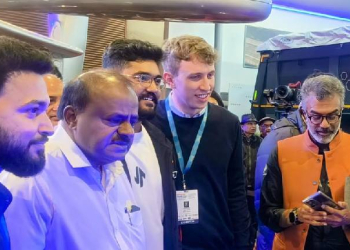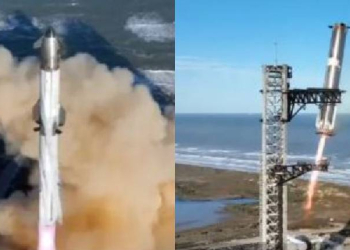New Delhi: Scientists have found that Covaxin, which is an inactivated whole-virion vaccine, induces robust immune memory to SARS-CoV-2 and its variants of concern that persists for at least six months after vaccination and induces memory T cells that can respond robustly against the variants.
This may help in controlling the virus load and thus, reduce the disease severity.
In a multi-institutional collaboration with THSTI Faridabad, AIIMS New Delhi, ESIC Medical College Faridabad, LNJP Hospital New Delhi, among others, Nimesh Gupta and his group at the National Institute of Immunology (NII), New Delhi, investigated 97 SARS-CoV-2 unexposed individuals who had received the Covaxin up to six months after second dose vaccination.
The study which was supported under the IRHPA-COVID-19 special call by the Science and Engineering Research Board, a statutory body of the Department of Science and Technology, found that the vaccine produces antibodies against Spike, RBD, and Nucleoprotein of the virus, just like in virus infection.
However, analysis of both the binding and neutralising antibodies revealed a reduced recognition of variants of concern like Delta (India), Beta (South Africa), and Alpha (UK).
The study has showed that the vaccine is capable of inducing memory B cells. The study has provided the first-ever evidence of the detailed traits of immune memory generated in human in response to an inactivated virus vaccine.
The researchers also found that the vaccine showed potential of producing the SARS-CoV-2-specific T cells. Importantly, and unlike antibodies, the effectiveness of the T cells was well-preserved against the variants. Also, these virus-specific T cells were present in the central memory compartment and persisted up to six months post-vaccination.
(IANS)




















